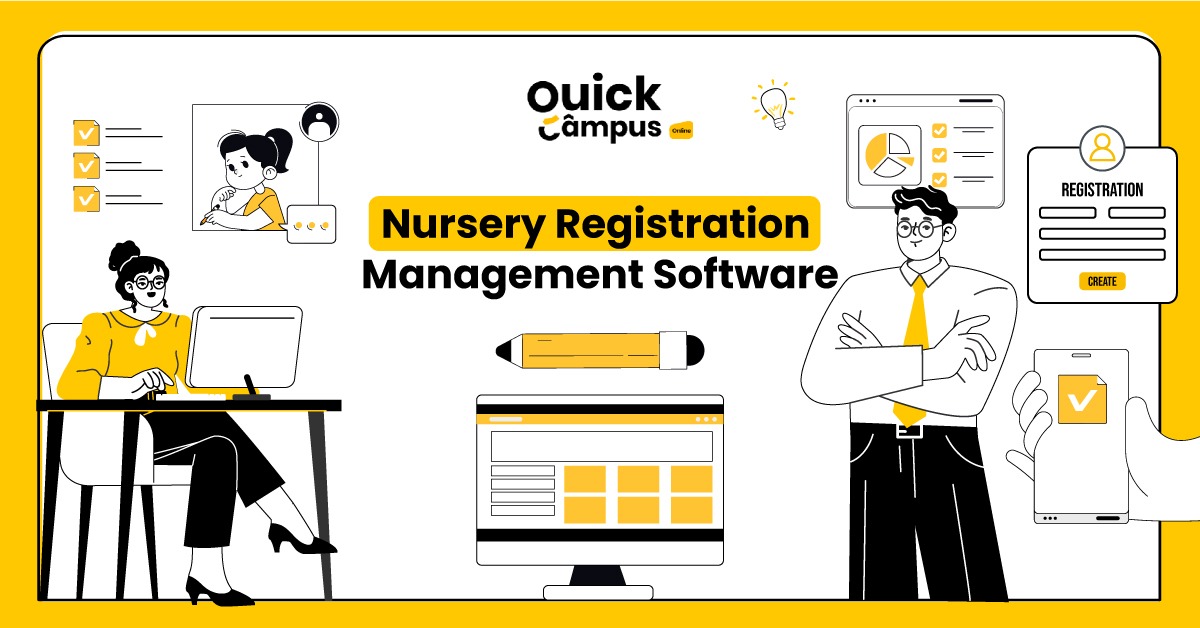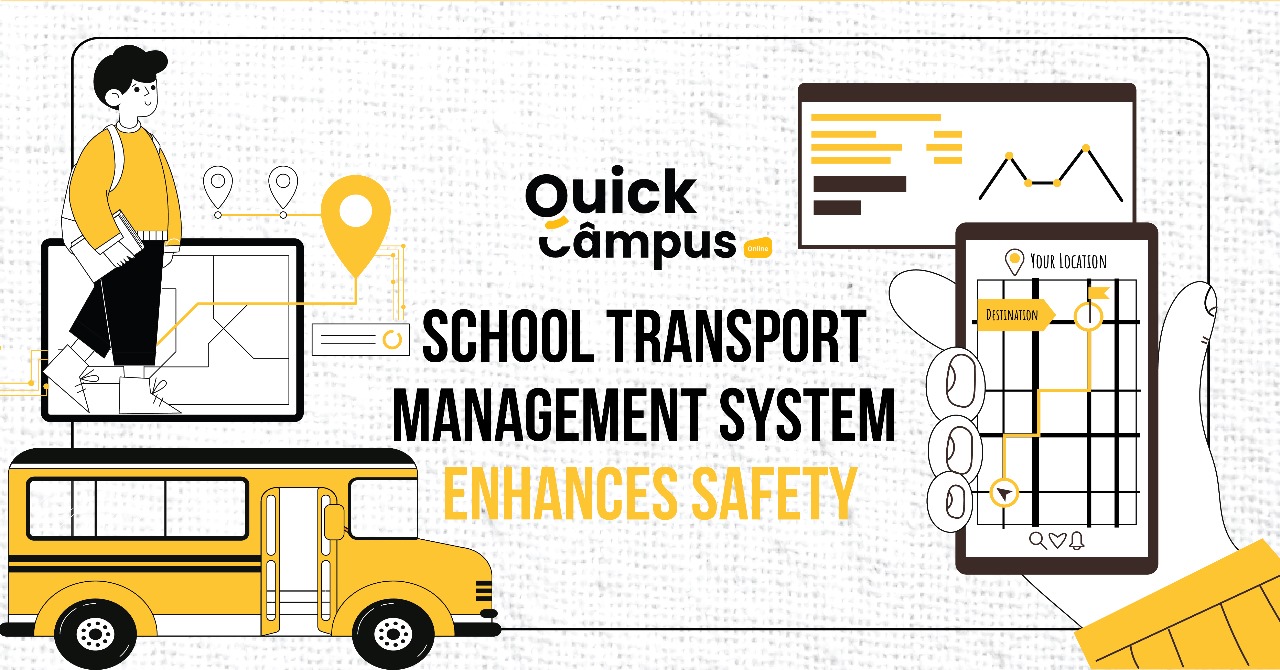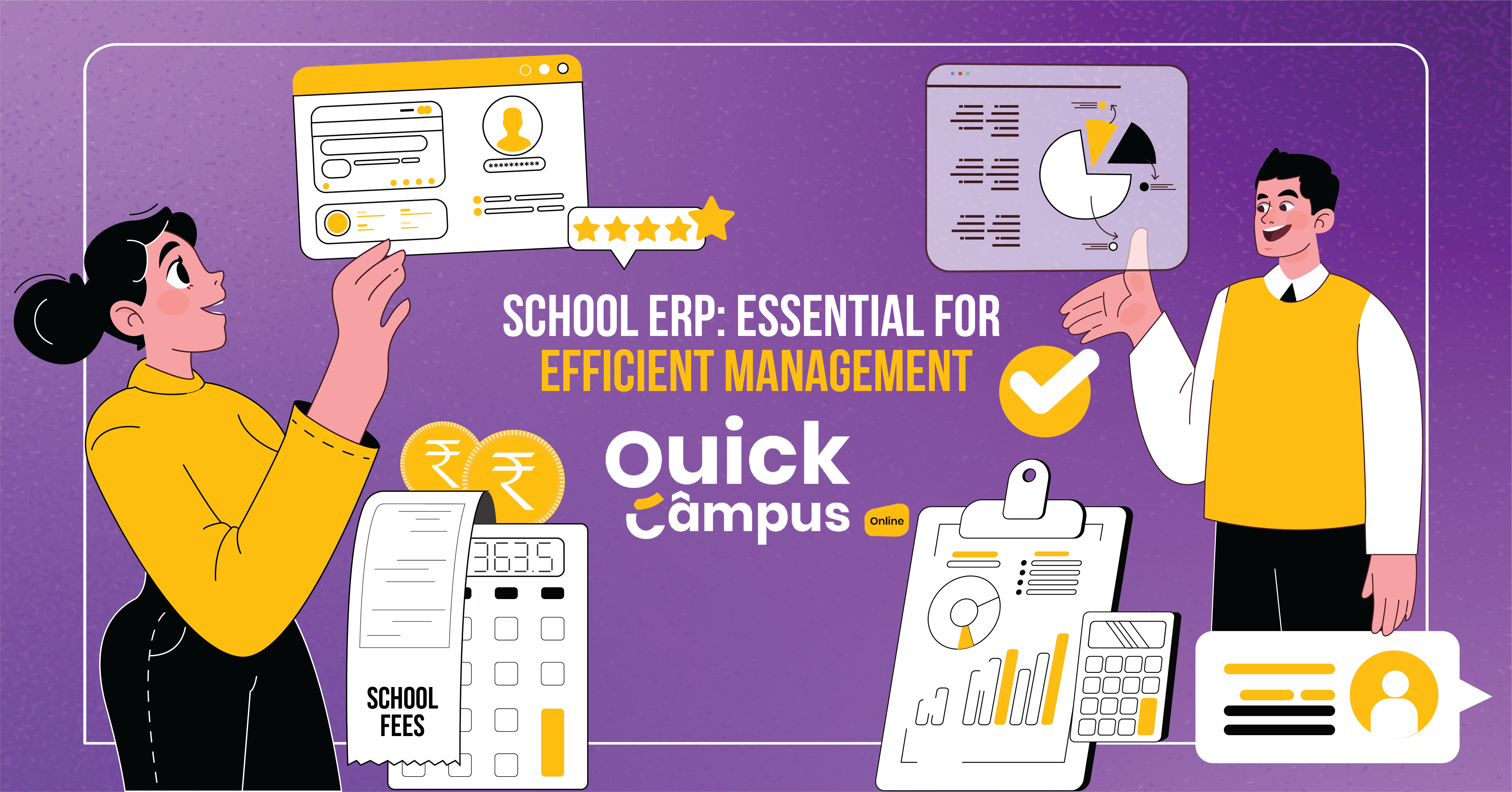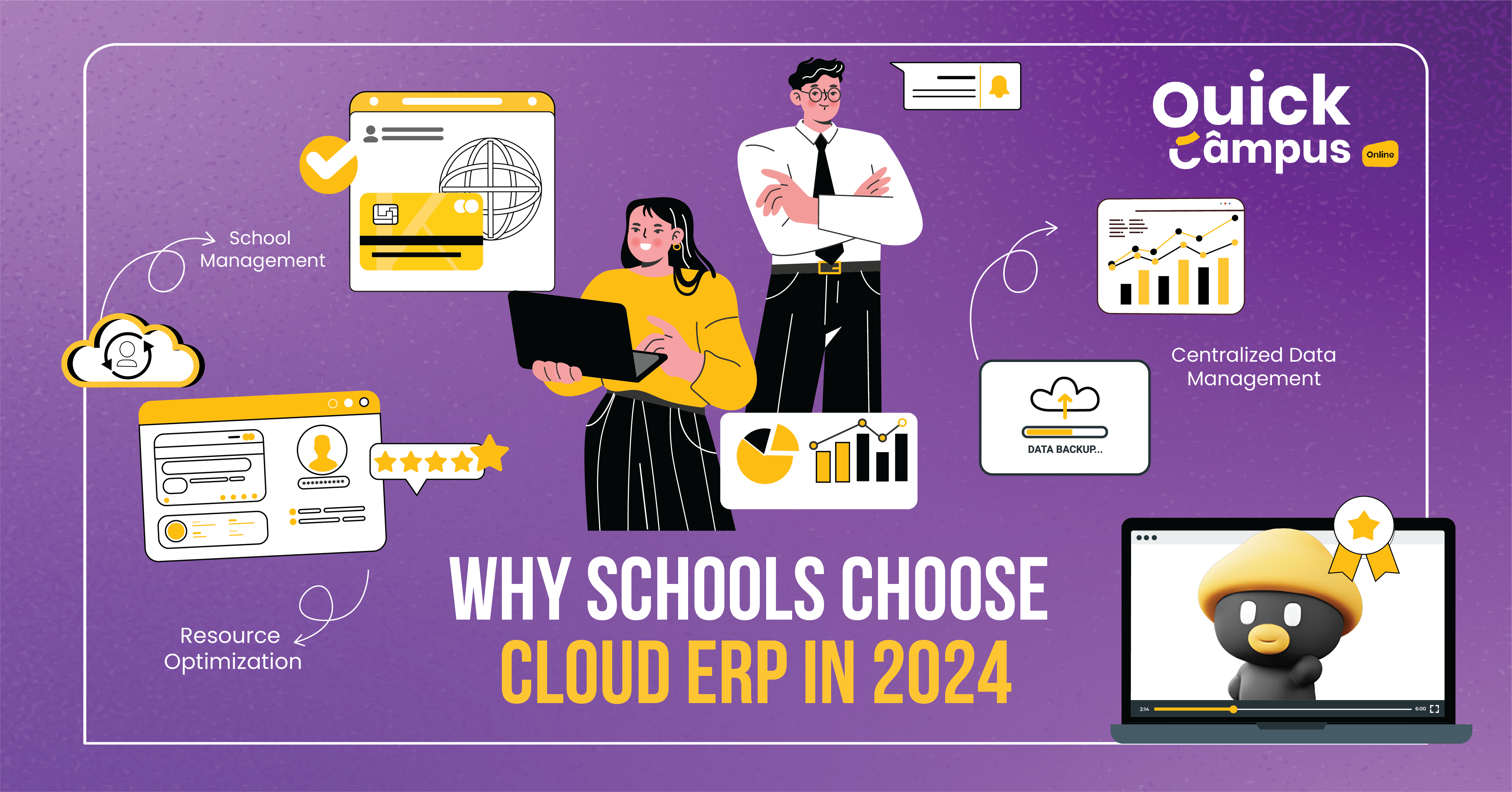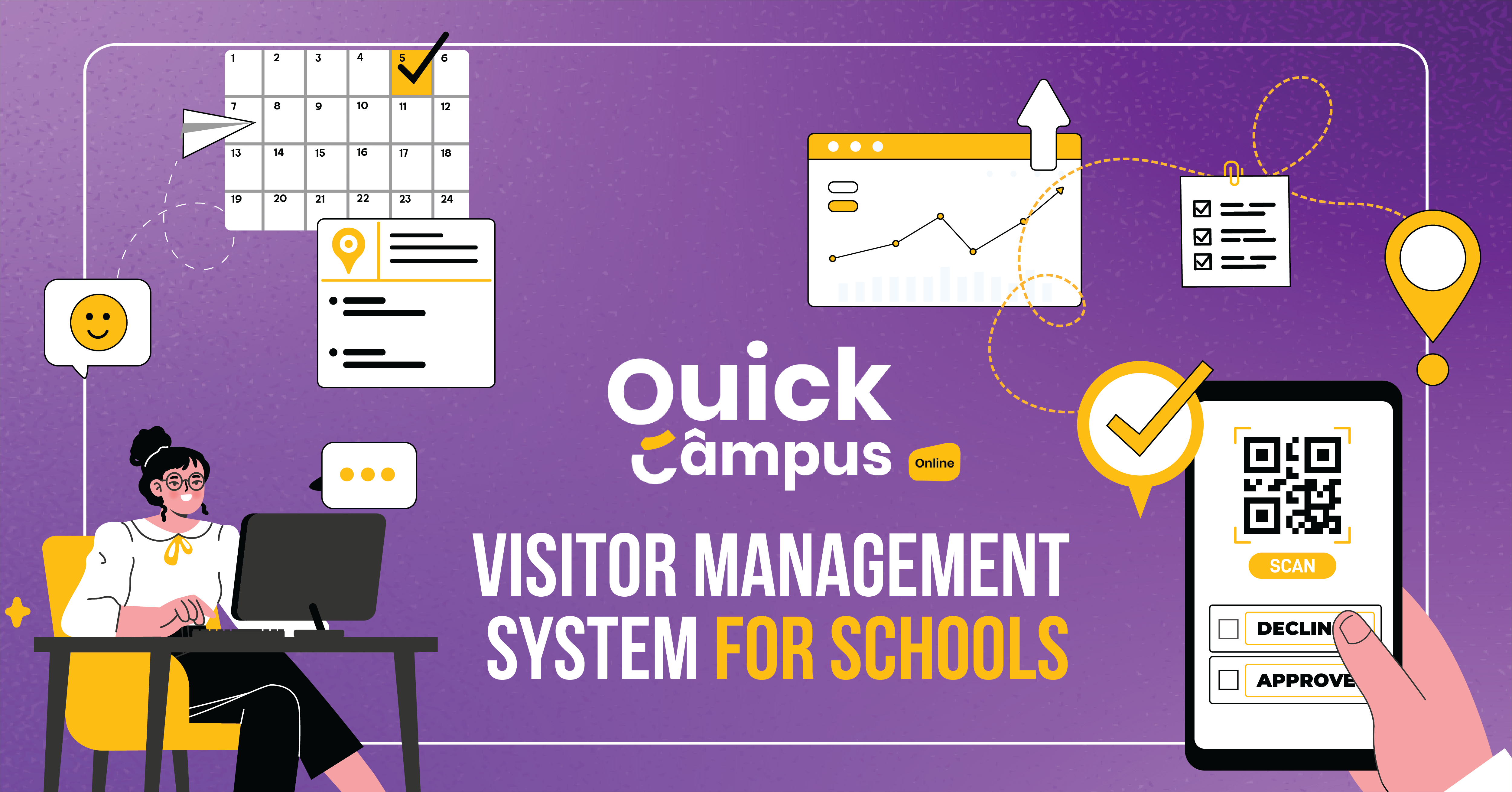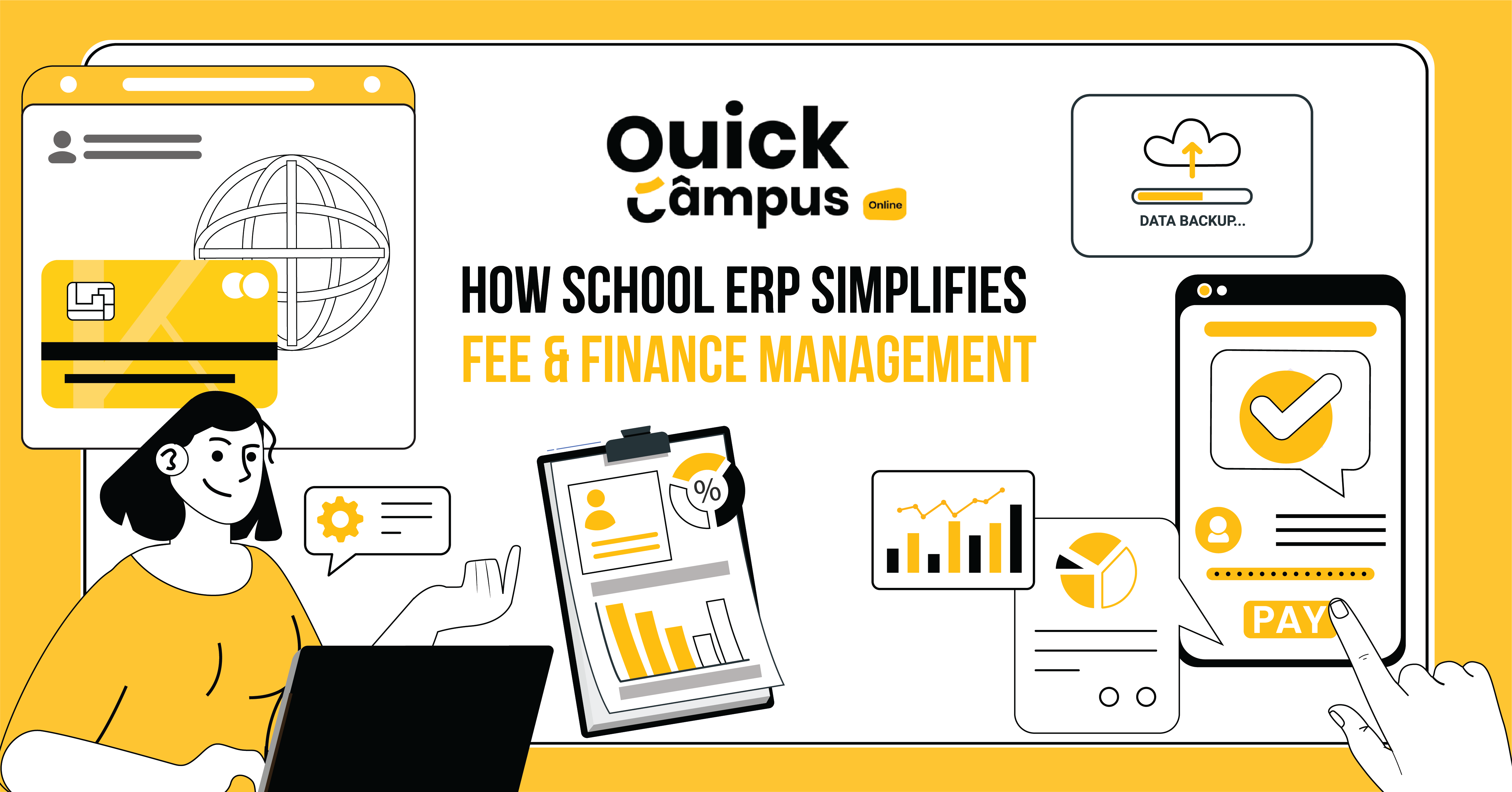Tips For Schools On Social Media
Should you have social media for schools? Should teachers consider using social media in the classroom? Let’s find out!
Having the best management is imperative for administrators and educators to engage within their community. Nonetheless, with over 4 billion internet users, social media for schools has also become paramount for marketing!
The role of social media in classroom and education is frequently overlooked. While school is a space for learning, social media platforms are considered sources of distraction. However, when it comes to educational marketing, social media becomes a vital component.
But even with the latest tools, managing social media marketing for schools can be a daunting task.
Here’s your complete guide to revolutionizing your school’s social media strategy!
Why Focus On Social Media Marketing For Schools?
As per reports from Pew Research, social media tops as the most dominant advertising platform. Therefore, it is critical to build an effective marketing strategy that is relevant to your audience and goals. You need to focus on social media to engage with your audience in real-time. According to a NAIS survey, 63% of elementary schools consider social media for schools as their most effective digital marketing strategy for new leads.
The figures never fail, and you can’t afford to neglect your social media strategy for schools. So, what next? Let’s dive into our top tips for social media for schools.
Best Practices Of Social Media For Schools
In the age of Web 2.0, a social media strategy for schools is the best way to proudly express your voice and values, which can impact students’ choices. Here are some tips to keep your marketing strategy on track.
Tip #1 Pick A Primary Platform
If you are new for social media strategies strategy for schools, you will find it challenging to juggle several platforms simultaneously. Instead, start by focusing on one platform and gradually expand your presence across the digital arena.
For instance, experts recommend that Facebook could be a great starting platform for schools due to its significant reach. Instagram could also be a suitable platform as it targets younger users. Reports reveal that the platform has more new parents and students, with 67% of users between the ages of 18 and 29.
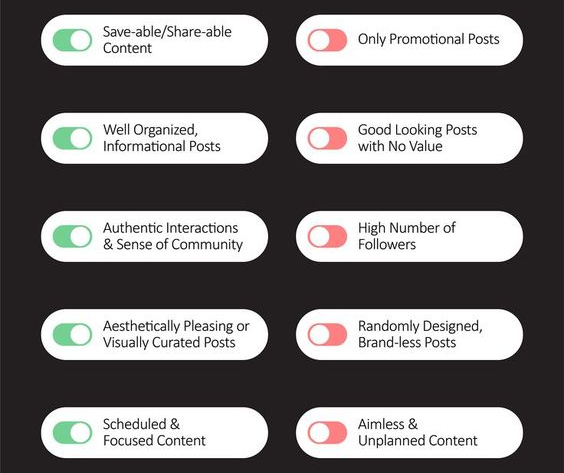
Tip #2 Indulge In Interaction
Remember, it is known as social media for a reason. Interaction, whether commenting on the posts of people within your community or responding to questions from your followers, is critical for building connections. Maintaining a human presence behind your social media for schools will enable you to connect effortlessly with new people and businesses.
Tip #3 Choose Short-Form Video Content
Video has been the dominant content format in digital marketing strategies for schools. As modern people gravitate towards visually driven content, a report revealed that 93% of marketers plan to employ video content in their marketing strategies. Besides, the visual nature of video content will add more vibrancy to your campus and community, promoting better audience engagement.
Tip #4 Pay Attention To Analytics
Your school’s social media strategy relies on analytics. This means you have to track the number of followers, shares, likes, comments, and other metrics to monitor progress. With this data, you can notice that you are gaining higher engagement for certain types of posts. This will help you adjust your digital marketing strategy for schools in the future.
Wrapping Up
In the edtech era, social media has become a vital marketing solution for schools. But learning how to market your school on social media isn’t as hard as you think. By implementing these tips, you can start connecting with your students and boosting your enrollment rate.
However, remember that social media for schools is a marathon, and success will take time and patience. At QuickCampus, our team strives to deliver the best school management ERP software and customized software solutions to drive innovative solutions in education.
How Can You Use Social Media Strategy For Schools?
Management can use social media strategy for schools to conduct group projects, share valuable resources, communicate with peers, and much more.
What Is The Purpose Of Social Media For Schools?
Social media for schools has the potential to connect the campus to the wider community for various purposes, including sharing school news or promoting special events.
How Does Social Media For Schools Motivate Students?
Social media for schools increases student engagement through meaningful learning activities. For instance, you can ask them to create content like digital stories, podcasts, videos, and blogs to share on social media.

